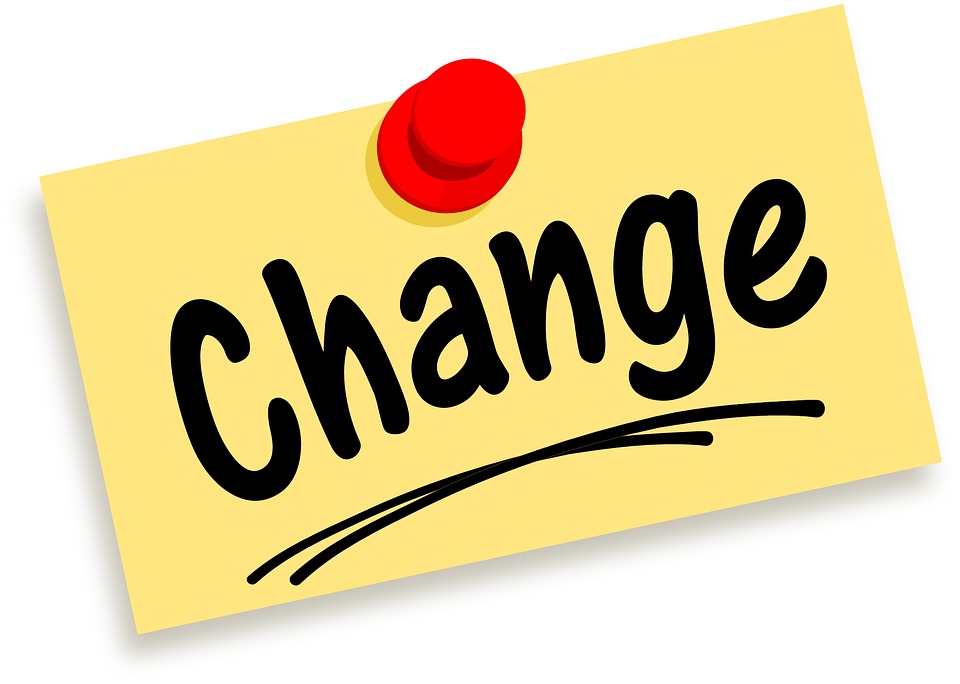The Merriam-Webster’s Learner’s Dictionary defines Mentor as “someone who teaches or gives help and advice to a less experienced and often younger person.” Mentorship is the art of being a mentor.
WHY IS MENTORSHIP IMPORTANT?
When it comes to moving forward into the future, looking back to the past is the usually the best thing to do. Sure, we are told to be bold and take that step into the uncertain future. However, what happens when we are taking a step on a path someone else has already taken? That is not good.
Simply, we are walking down a beaten path. While the beaten path is great to take when going down to the corner market for a gallon of milk, it is most certainly not the best to take when you want to do something new and exciting. When you want to blaze a trail into the unknown.
Having a Mentor is one way to avoid taking the path others have taken time and again. Thus, the individual being mentored can spend more time moving forward and less time walking where others have walked.
Mentorship has been around for ages. Ever since Homo habilis (early man) took his son out to hunt for the first time. Dad showed his would be hunter son which stick to use on the menacing Mastodon and which stones to use on the Saber-tooth tiger down by the watering hole. Then when the son grew up and had a son of his own, he passed on not only Dad’s tips and tricks to hunting Saber-tooth tiger but he added what he learned on his own. The when that son grew up, the entire process of teaching how to hunt is repeated and each time just a bit more is added. That process makes every subsequent generation better at hunting and thus here we are. Humans. Top of the Food Chain.
WHO SHOULD BE A MENTOR?
If you have something to teach, Teach!
If you have something to share with others, Share it!
If you find yourself with followers, Lead!
When you find people turn to you for answers. You are a MENTOR!
In essence, what I am trying to say is EVERYONE should recognize they are a mentor. No matter what your vocation is (if you have one) and no matter where you are in life, you will always have someone looking to you for advice, guidance, or direction.
Important to remember, when you open your mouth to say something is NOT the time you become a mentor. You become a mentor the moment some has come to you seeking that advice.
WHO SHOULD BE MENTORED?
If you have a question, someone must be answer it.
If you do not know how to do something, someone must teach you.
If you find yourself looking for direction, someone must show you.
In essence, what I am trying to say is EVERYONE should be mentored. No matter what rung on the company ladder you find yourself, you need a mentor. You need to remember that you cannot do everything that you want to do all at once. Better men and women than you have tried. Some succeeded but most failed. That is why; you must seek out their knowledge and wisdom to help avoid those mistakes. Therefore, if you fail the damage might not be as bad or big as those that failed before you. You will have learned something for the next attempt.
While all of us have something to give and share with others, we also have much more to learn from others. I leave you with bit of advice: find a mentor and be one for others.
David Guerra is a US Army Veteran, Author, Small Business Starter, Leadership Advocate and Action Taker.
You can follow David
– on TWITTER: @daveguerra
– on SNAPCHAT: daveguerra
– on INSTAGRAM: dave_guerra
– on FACEBOOK: fb.com/TheDavidGuerra
 The world is full of change. Yet, too many want to ignore it by burying their head in the sand. Others roll over and let it happen. However, too few honestly and openly embrace change. When it comes to change having a Leader manage and direct change is not only expected, it should be demanded, as it will most certainly be a wild and bumpy ride.
The world is full of change. Yet, too many want to ignore it by burying their head in the sand. Others roll over and let it happen. However, too few honestly and openly embrace change. When it comes to change having a Leader manage and direct change is not only expected, it should be demanded, as it will most certainly be a wild and bumpy ride.